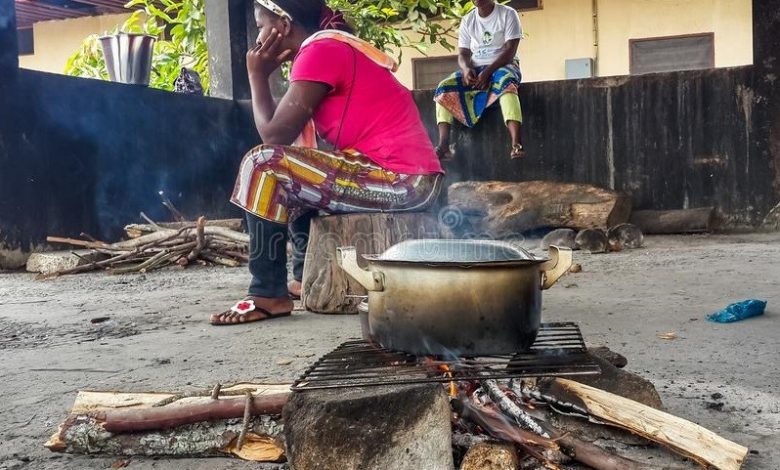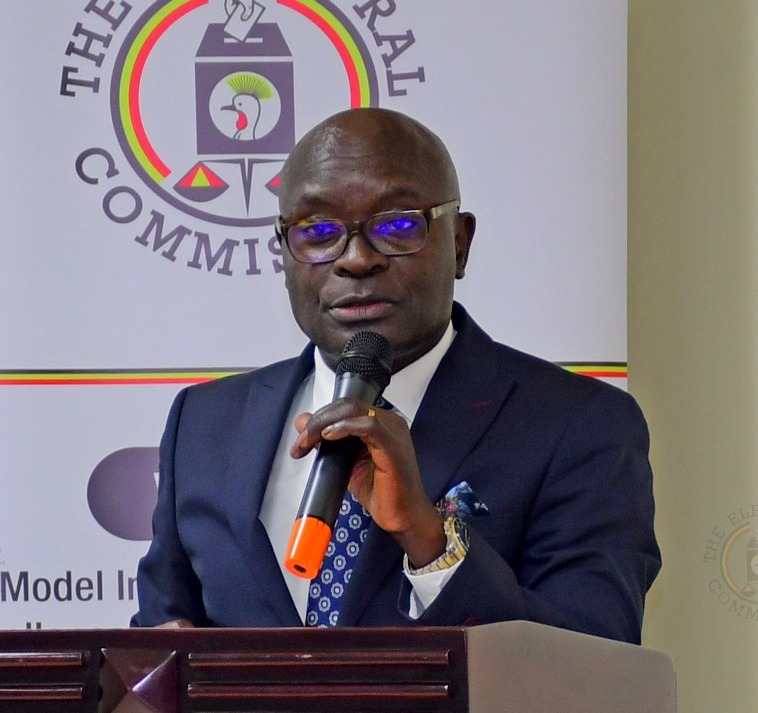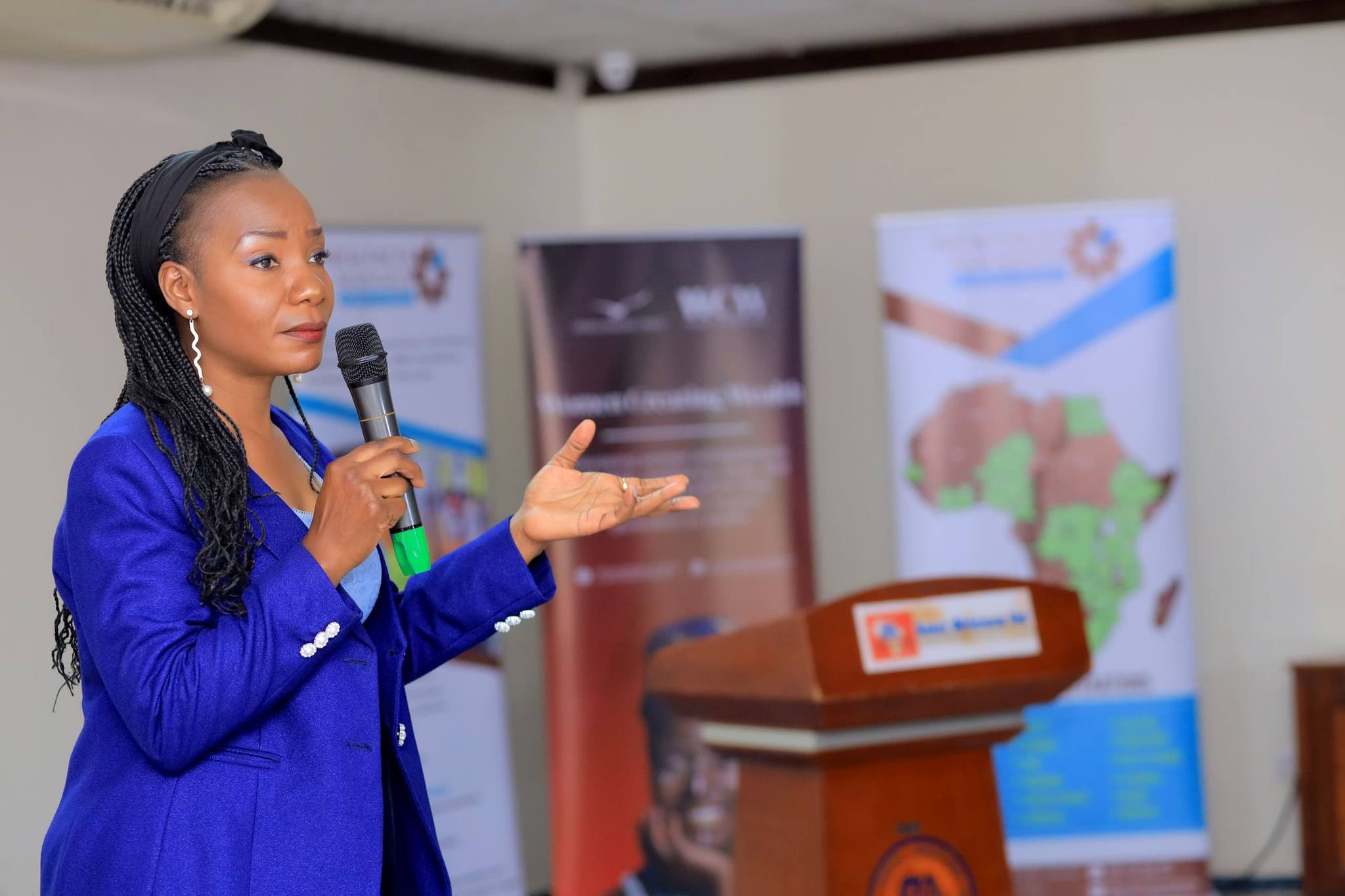Increase investments in renewable energy access in Uganda
It is noted that the majority of households depend on traditional biomass which consists of fuel wood, charcoal, tree leaves, animal dung and agricultural residues burnt for residential use.

By Olive Atuhaire
Over 18 million Ugandans (58% of the population) remain without access to electricity, limiting the country’s potential for economic growth and development.
Uganda made domestic and international commitments to increase access to modern energy services for all Ugandans. For example, in Vision 2040, the government targets to increase electricity per capita consumption to 3,668kWh by 2040.
By increasing the national grid access rate by 80 percent, the total installed generation capacity will reach 41,738MW.
In the National Development Plans II (2015/16 – 2019/20) government targeted to increase power generation capacity from 825MW in 2012 to 2,500MW by 2020 by investing in renewable energy sources including hydropower and geothermal.
Under the Sustainable Energy for All (SE4ALL) Action Agenda which was launched by the United Nations (UN) Secretary General in September 2010, Uganda targets to double the share of renewable energy in the energy mix by 2030.
Despite the abundance of renewable energy resources which include hydropower, biomass, solar energy, geothermal and wind energies, Uganda has found it challenging to utilize many of these resources and to accelerate energy access.
The biggest challenge is limited financing and investment towards off-grid and efficient energy sources.
Furthermore, the government’s efforts have largely focused on increasing energy access by increasing supply through investing in hydro-electricity plants which produce expensive power.
Due to this, Uganda has continued to fail in its long-term plans for a transition to decarbonised economies and increasing access to clean, affordable, and reliable energy.
According to the Ministry of Energy and Mineral Development, less than 20.6% of the rural and 55% of the urban population have electricity services (MEMD, 2015).
It is noted that the majority of households depend on traditional biomass which consists of fuel wood, charcoal, tree leaves, animal dung and agricultural residues burnt for residential use.
These are unclean and inefficient as a fuel source for primary energy demand since it has negative health, gender and environmental consequences.
Most households in Uganda use firewood for cooking with the majority cooking indoors with no chimneys and ventilation. This exposes them to biomass smoke leading to chronic obstructive pulmonary disease which affects more women and children (Frederik van Gemert et al, 2013).
In addition, due to lack of electricity, the majority of households use traditional lighting technologies such as candles or kerosene lamps that give poor quality lighting, emit noxious fumes and present hazards in terms of fires or burns.
Furthermore, dependence on biomass energy increases pressure on natural resources, especially forests. The high rates of deforestation in Uganda are partly attributed to charcoal burning and wood fuel since forests supply well over 90 percent of Uganda’s energy requirements in the form of fuel wood.
The National Forest Authority (NFA) estimates that Uganda has been losing 250,000 hectares of forests annually for the period 2005-2010 (MWE, 2016) thus leading to climate change resulting in frequent prolonged periods of drought and erratic rainfalls thus leading to food insecurity.
The abundance of renewable energy resources presents a great opportunity for Uganda to ensure energy mix by investing in all forms such as solar, geothermal, biogas and efficient biomass systems among others to improve people’s standards of living.
However, until now, it is so challenging for Uganda to utilize many of these renewable energy resources and to ensure energy mix to accelerate energy access because of limited financing and investment towards off-grid and efficient energy sources.
The government’s efforts have largely focused on increasing energy access by increasing supply through investing in hydro-electricity plants which are expensive for people to access.
On average, the investment cost per MW is USD 2.6M which does not account for the cost of transmission and distribution to deliver electricity to end-users and Uganda’s electricity household tariffs are currently USD 0.18 per kWh which is high for most households and is hampering energy access.
Financing and investment towards renewable energy has been increasing over the last decade when the sector was liberalized leading to increased investment by the private sector.
Based on the available data from the government and the Organisation for Economic Co-operation and Development (OECD), total financing towards the renewable energy sector in Uganda is estimated at USD 3.1 billion in 2016/17.
Over 70 percent (USD 2.3 billion) is by the private sector and 20 percent (USD 629 million) is by the government of Uganda budget allocations.
Hydro-electricity takes the largest chunk of financing although affordability challenges make off-grid power systems a better option for increasing access to energy.
However, investment in off-grid by the government is still low because Uganda and its development partners mainly focus on the grid which is too expensive for the people to afford and access.
I, therefore, call upon the Ugandan government to increase investments in renewable energy sources which are clean, reliable, affordable and accessible.
Renewable energy produces minimal greenhouse gas emissions, reduces the carbon footprint and contributes to global efforts to combat climate change that affects different development sectors, especially the agricultural sector.
By using renewable energy, we can reduce our dependence on fossil fuels that are subject to price fluctuations and geopolitical tensions.
A reduction in fossil fuel use improves air quality, reduces respiratory illnesses, and reduces healthcare costs.
Furthermore, increasing investments in renewable energy is a proactive step towards a sustainable and environmentally responsible future while yielding economic and societal benefits in Uganda.
Olive Atuhaire, Research Associate
Atuhaireolivia72.ao@gmail.com







